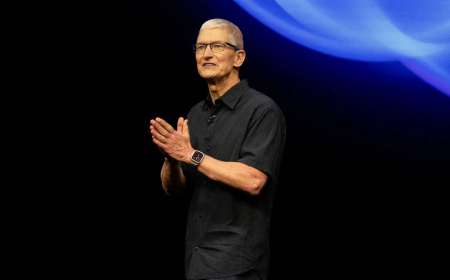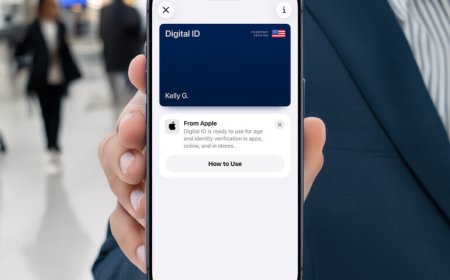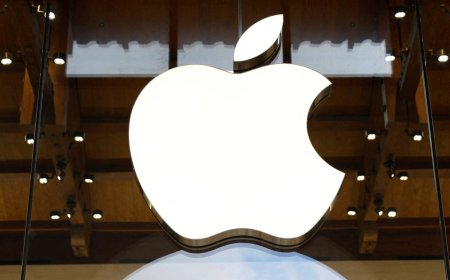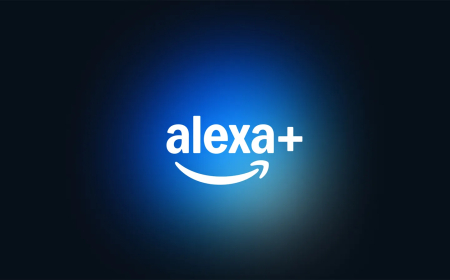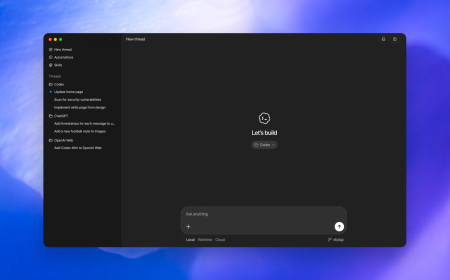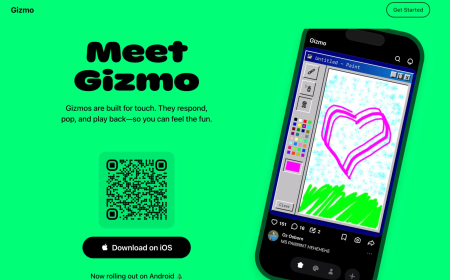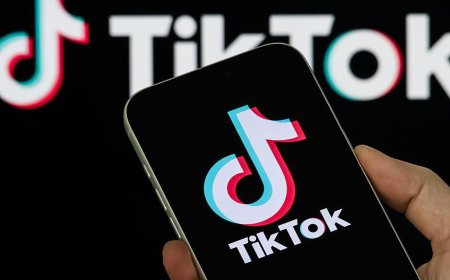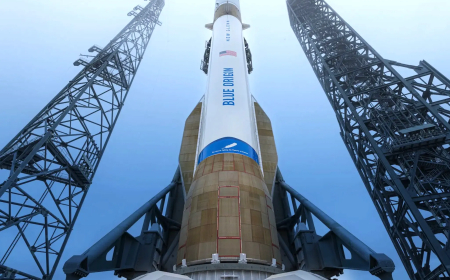Google Avoids Breakup but Faces Major Antitrust Restrictions in U.S. Trial
Google will not be forced to break up its search business, but a federal judge has tentatively ordered other changes to the tech giant’s business practices to keep it from further anticompetitive behavior.
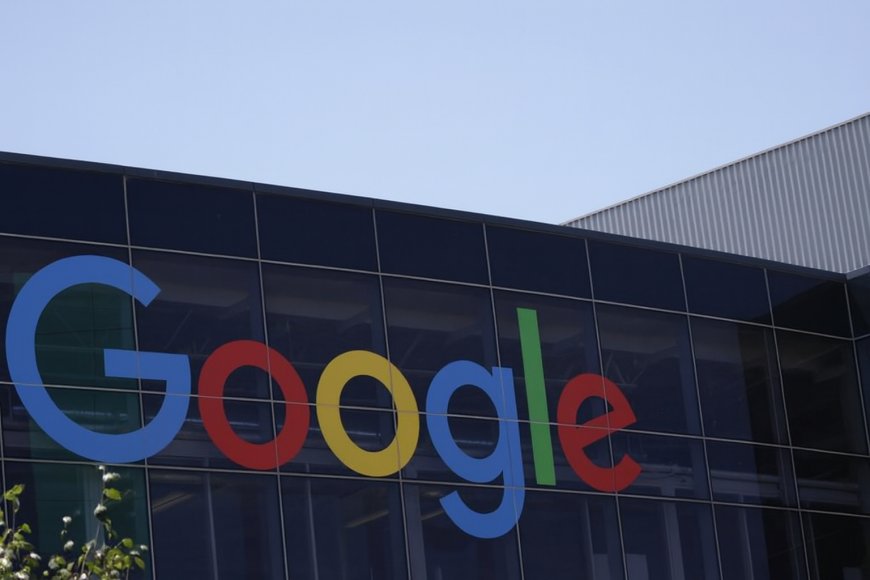
Google will not be forced to split up its core search business, but a U.S. judge has imposed strict antitrust remedies to curb its monopoly power.
U.S. District Court Judge Amit P. Mehta issued a tentative ruling that blocks Google from signing exclusive distribution deals for its Search, Chrome browser, Google Assistant, and Gemini AI products. The order prevents Google from tying Play Store licensing or revenue-share payments to default app placements, a practice regulators say unfairly shut out rivals.
Under the proposed remedies, Google must:
- Share parts of its search index and user-interaction data with qualified competitors.
- Provide search and ad syndication services at standard rates to prevent exclusionary behavior.
- Operate under oversight from a technical committee for six years once the judgment takes effect.
DOJ Pushes for Stronger Penalties
The U.S. Department of Justice (DOJ) originally demanded harsher penalties, including forcing Google to divest Chrome and possibly Android, and ending lucrative agreements with Apple, Samsung, and other partners. These deals cost Google over $26 billion in 2021, with Apple alone receiving $18 billion in exchange for making Google the default search engine on Safari.
Apple’s stock rose after-hours as news broke that its profitable arrangement with Google could continue—though no longer exclusively.
Judge Mehta Cites Europe’s Digital Markets Act
Judge Mehta referenced the European Union’s Digital Markets Act (DMA) as a framework but opted for a narrower, temporary order. Unlike the DOJ’s sweeping proposal—which sought access to Google’s algorithms and source code—Mehta’s decision avoids what Google CEO Sundar Pichai called a “de facto divestiture” of Google Search.
Google, which holds nearly 90% of the search engine market share, argues that forced data-sharing could harm user privacy and limit innovation.
Impact on Future Antitrust Battles
This ruling is significant because Google is also facing a separate DOJ case over its advertising technology monopoly. In April 2025, Judge Leonie Brinkema ruled that Google illegally monopolized ad-tech markets, with remedies hearings scheduled for later this month.
Legal experts warn the search trial is far from over. Google plans to appeal, and the case could reach the U.S. Supreme Court by 2027 or 2028.
“This is only one act of a long play,” said William Kovacic, former FTC commissioner. “The real question is how far regulators should go in reshaping Google’s business.”
For now, Google avoids the breakup many regulators wanted, but it faces years of oversight, appeals, and continued battles over its dominance in search and digital advertising.
What's Your Reaction?
 Like
0
Like
0
 Dislike
0
Dislike
0
 Love
0
Love
0
 Funny
0
Funny
0
 Angry
0
Angry
0
 Sad
0
Sad
0
 Wow
0
Wow
0





